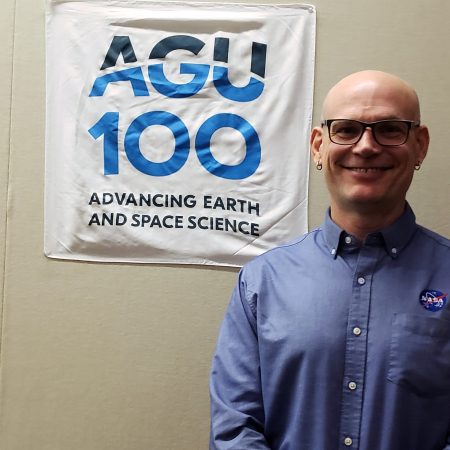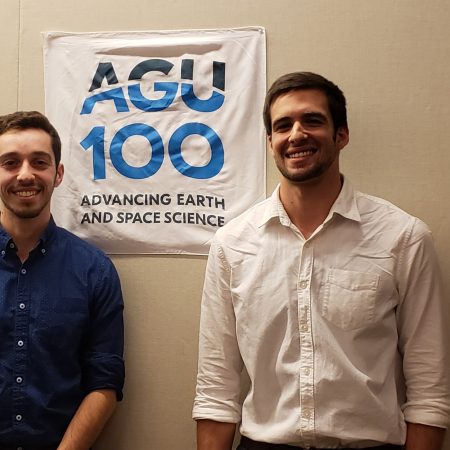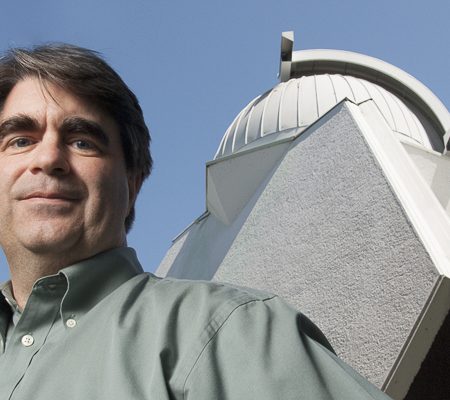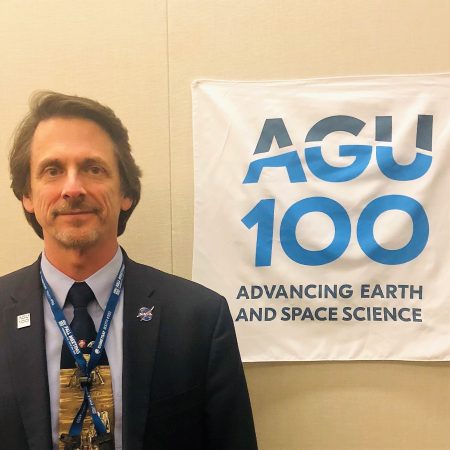Refine
Date Range Clear
Recorded by Clear
Keywords Clear
Partnerships Clear
- No matching terms.
Organizations Clear
- American Geophysical Union 34
- National Aeronautics and Space Administration 7
- NASA 9
- The American Geophysical Union 4
- Ameican Geophysican Union 1
- 2 more
Places Clear
- AGU 2018 Fall Meeting 21
- Washington DC 21
- AGU 2019 Fall Meeting 10
- San Francisco 10
- AGU Fall Meeting Program Commitee 2
- 3 more
Languages Clear
Initiatives Clear
- No matching terms.
Michael King is a Senior Research Associate in the Laboratory for Atmospheric and Space Physics at the University of Colorado. He previously worked at NASA for 3 decades in a variety of roles, including Senior Project Scientist of NASA’s Earth...
Emily Schaller, project manager at NASA's National Suborbital Research Center at Ames, discusses her Ph.D. work studying the clouds on Titan and her work as a science and education. She recalled how as a young child, she would study illustrations...
Paul Newman, Chief Scientist for Earth Science at NASA Goddard Space Flight Center and the co-chair to the Montreal Protocol, is one of the planet’s top ozone watchdogs – a self-described detective who looks for any chemicals which may deplete...
Ioan Lascu, research geologist at the Smithsonian Museum of Natural History, shares stories of his work studying minerals and rock magnetism. What do bacteria affect magnetism? What can we learn from stalagmites and stalactites? Why has there been in a...
Dr. Amy Winebarger is an astrophysicist in the Heliophysics and Planetary Science Office at NASA. Listen to Amy talk about what makes sounding rockets awesome to work with, the rewards of being a mentor, and how a New York Times...
Brian Cairns works for the NASA Goddard Institute for space studies in New York, where he focuses on developing instruments that will make better measurements of small particles in space. In this interview Dr. Cairns discusses his start in engineering,...
Meet Eric Lindstrom, a former Physicial Oceanographer for NASA who now works with Saildrone, Inc to map the ocean floor. Eric spent his first day at the beach when he was 3 days old and has been fascinated with marine...
David Young, Director of Science at NASA Langley Research Center, discusses his life's work studying the earth's climate. After an early interest in astrophysics, he focused in on earth science due to his desire to do research to help humans....
Lori Glaze, Acting Director of the Planetary Science Division at NASA Headquarters, works with everything from understanding asteroid trajectories and material make up to the InSight mission which recently landed a rover on Mars. It’s no exaggeration to say Lori...
Padma Yanamandra-Fisher, a research scientist at the Space Science Institute, shares stories of her career in planetary science. She recounts how defining the launch of Voyager was and the significance of the growth in the field since. Padma shares her...
Nicholeen Viall is a research astrophysicist at NASA's Goddard Space Flight Center, with her research focus being the sun and solar wind. Listen to Dr. Viall talk about her start in space science, her greatest accomplishment, and her hopes for...
Dr. Paul Mahaffy is the director of NASA's Solar System Exploration Division at the Goddard Space Flight Center. Raised in Eritrea, Paul became fascinated with the diversity of life at a young age, but did not have his sights set...
Dr. Claire Parkinson, senior scientist at NASA's Goddard Space Flight Center since 1978, discusses using satellite data to monitor sea ice in the Arctic and Antarctic and serving as project scientist for the NASA satellite Aqua, which makes measurements of...
Elizabeth Rampe, a mineralogist, studying Mars at the NASA Johnson Space Center, shares about her life and work. She focuses on minerals on the surface of Mars which formed from water-rock interactions, which have the potential to show billions of...
There’s a bit of a culture change moving from Ohio to New Hampshire, which Melanie Perello, Ph.D. candidate at Indiana University, did as part of her studies. Would you be surprised that going from either to Tibet to study paleoclimate...
Glenn Orton, a senior research scientist at the Jet Propulsion Laboratory, discusses his career exploring the outer Solar System that started with the Pioneer 10 and 11 missions, and extended forward to Cassini and more recently Juno. Interested in space...
Thomas Wagner, NASA's Program Scientist for the cryosphere, discusses how his life has developed to study the Arctic and Antarctic. Even though as a student he initially found himself bored by studying glaciology, he soon discovered a passion for polar...
The realization that a purple sunset in Wisconsin traced back to the 1991 volcanic eruption of Mt. Pinatubo in the Philippines fueled Chip Trepte’s interest in the movement of volcanic aerosols in the upper atmosphere. “It was a stunning revelation...
Justin Kasper is a Professor of Space Sciences at the University of Michigan, where he designs sensors for spacecraft that explore extreme environments in space. In this interview Dr. Kasper talks about what sparked his interest in space, the rewards...
Who says work ends when you retire? For Tom Dunne, University of California Santa Barbara, the work is still finding him. Instead of heading off to the Amazon to find discovery, these days he need only look out his window...
Dr. Jim Green has spent 38 years of his life working at NASA. He started there with a fresh Ph.D. in Earth magnetospheric science and helped pioneer the magnetosphere research group at Marshall Space Flight Center. He spent 12 years...
Alex Young has a great finger on the weather. But the Associate Director for Science in the Heliophysics Science Division at NASA's Goddard Space Flight Center’s attention is focused far higher than any storm cloud. He studies space weather and...
Alan Gorchov Negron and Colten Petersen, University of Michigan, share their stories of becoming scientists, and their hopes for their continued research and involvement in geosciences. What is the role of an earth scientist? What is the role of climate...
Todd Hoeksema solar physicists and senior research scientist at Stanford University shares his stories about the power of the sun, technology advances and its effects on society and younger generations. (Recorded 7 September 2018)
Steven Clarke, NASA's Deputy Associate Administrator for Exploration, discusses his life in science and engineering. Currently tasked with bridging NASA's efforts on human and robotic missions to coordinate scientific requirements for going to the Moon and Mars, he has seen...
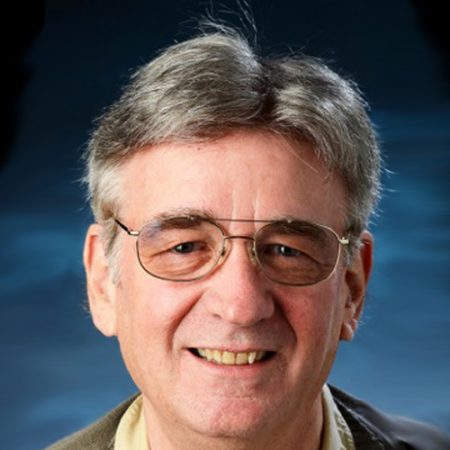


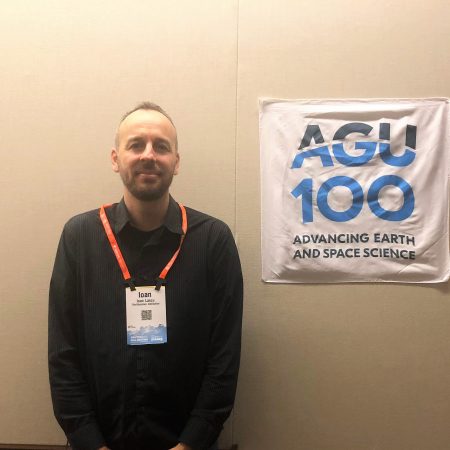
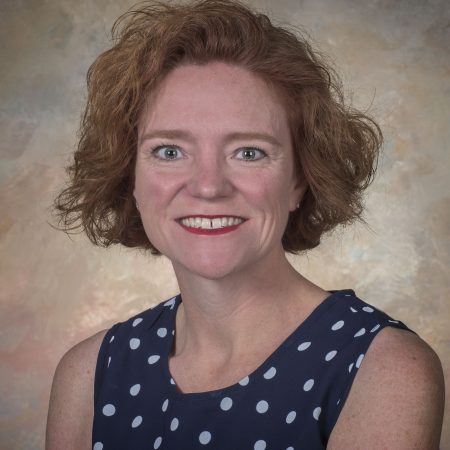
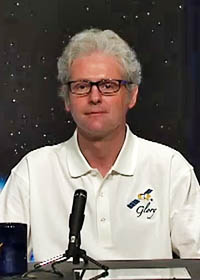
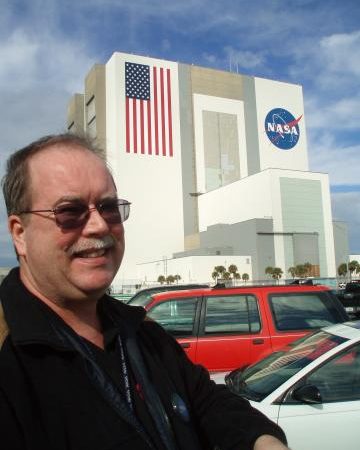


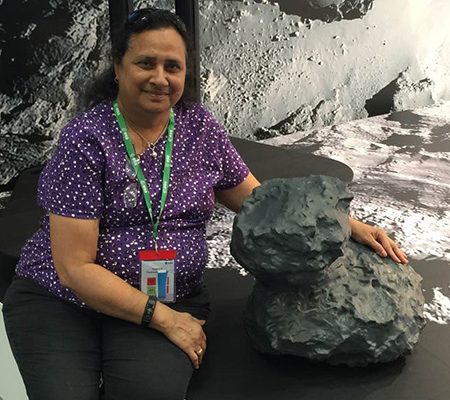
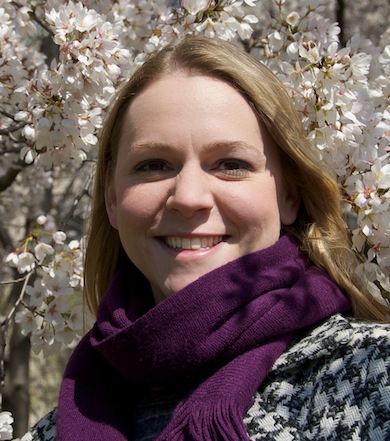
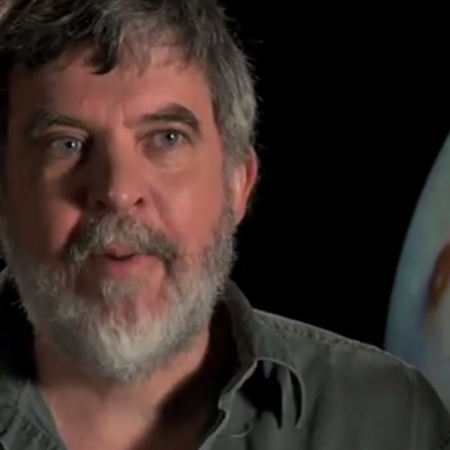


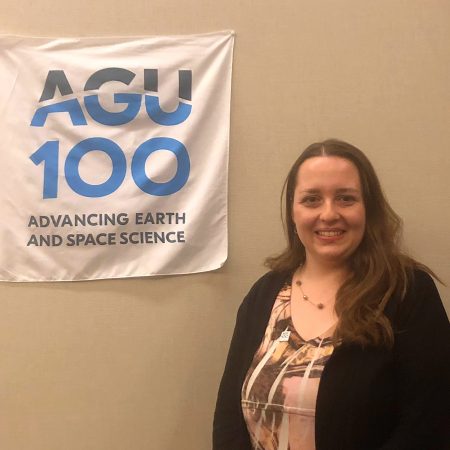

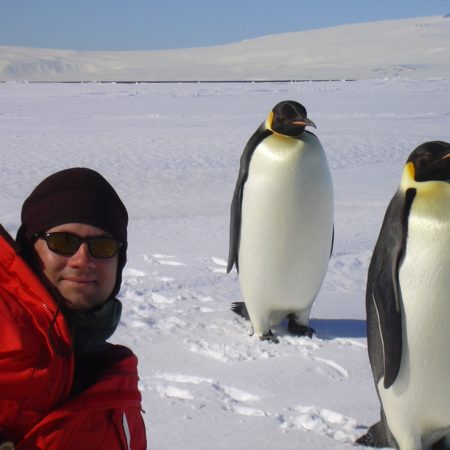
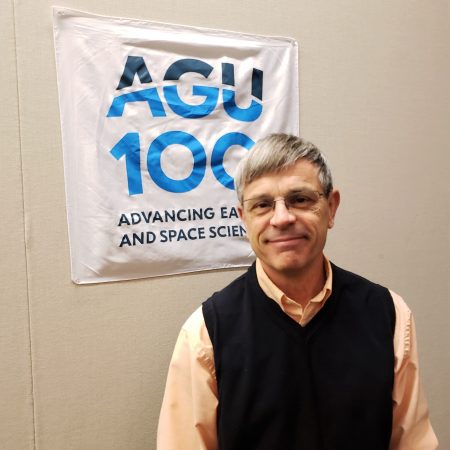
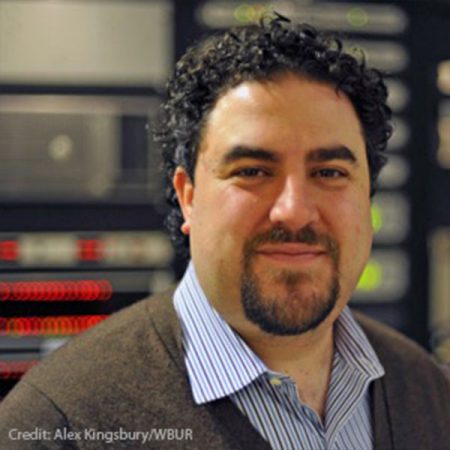
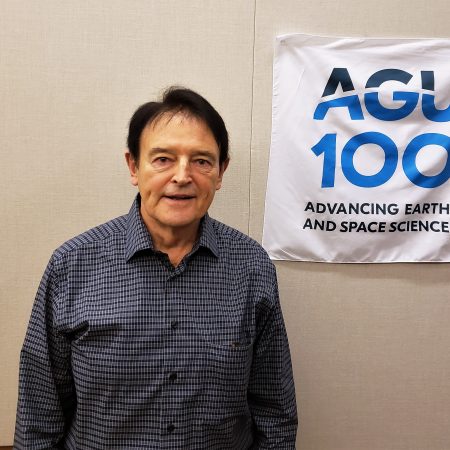
!["We're moving through a period of understanding [other] planets & how they relate to life on Earth." interview with Jim Green by Kim Cartier](https://archive.storycorps.org/uploads/2019/01/181210_Green-450x450.jpg)
